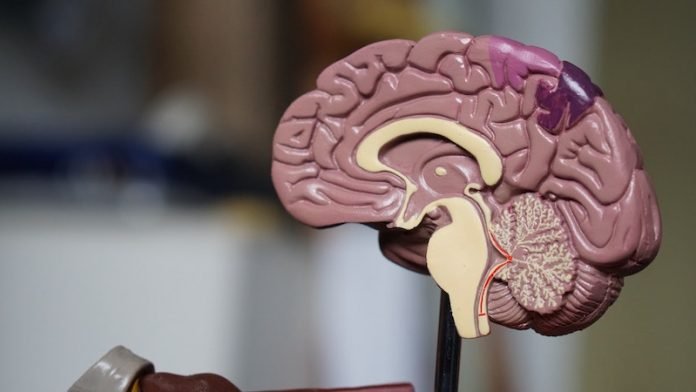
In a new study, researchers found although both flu and COVID-19 can raise the risk for a stroke, the odds appear to be eight times higher with the coronavirus.
They found among more than 1,900 patients with COVID-19, 1.6% suffered a stroke, versus 0.2% of nearly 1,500 patients seriously ill with flu.
They suggest that doctors taking care of patients with COVID-19 infection should remain vigilant for signs and symptoms of stroke, because the prompt diagnosis may permit effective stroke treatment.
The research was conducted by a team at Weill Cornell Medicine and elsewhere
In the study, the team compared the incidence of stroke among COVID patients and flu patients in two New York City hospitals.
Patients with coronavirus were assessed March 4 through May 2, while researchers analyzed flu data from Jan. 1, 2016, through May 31, 2018.
The team says infections and other inflammatory conditions are established risk factors for stroke, so it is not surprising that patients with COVID-19 disease might have a stroke as a complication of the infection.
In addition, COVID-19 disease has also been linked to blood clots that could increase stroke risk.
The virus has a predilection to cause some level of clotting, and maybe it’s because of increases in inflammation in the body.
The researchers explained that COVID-19 attacks the cells that line blood vessels, which is one reason for the increased risk for blood clots leading to stroke.
Antibodies also play a role in the development of stroke.
Because of these risks, COVID-19 patients are monitored for signs of clotting. In general, every patient with COVID-19 gets put on low-level blood thinners to try and prevent clots.
Patients who have clots are put on higher doses of blood thinners to keep them from having clots that may damage vital organs.
Fortunately, only a small percentage of COVID-19 patients have strokes, Out of 1,916 patients who had the virus in the study, 31 suffered a stroke.
However, the disability after a stroke can be a lasting effect of the virus.
One author of the study is Dr. Neal Parikh, an assistant professor of neurology and neuroscience.
The study is published in the journal JAMA Neurology.
Copyright © 2020 Knowridge Science Report. All rights reserved.



